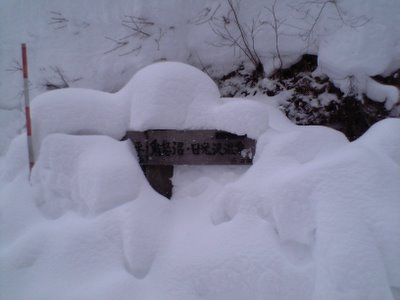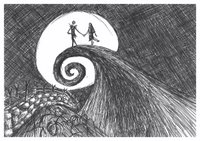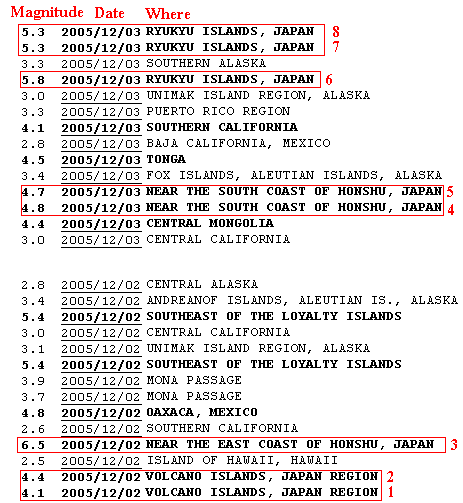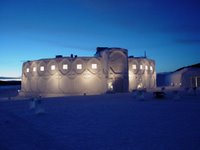
snow-convered sign at the onsen in Tochigi prefecture (栃木県)
Good times bad times. Without expectations there will be very little disappointment. But somehow the end of year always manages a bit more than typical sorrows. When broken down in terms of spacetime, a year is an almost random span of time that can be disregarded as nothing more than what it is, a collection of days. But it's human nature to reflect on all the things done in the year.
I miss my family and wanted to be with someone. I've had my big love in the past. It's hard to tell if it was my biggest love ever or there will be a bigger one. Heart gets broken and yes it is going to grow back bigger than it was before. But some parts will never be. Years gone by, just how long it takes?
With her on Christmas it only made it lonelier than otherwise. Physically there was this warm body but is that how far it extends? Can a warm body be enough? I have acomplished a small feat in repressing being with other people, in other words, I have been through the most solitary one year of my entire life, by choice. I don't know what the next year is going to be. But I think I will go with the flow.
See you in 2006!






























































